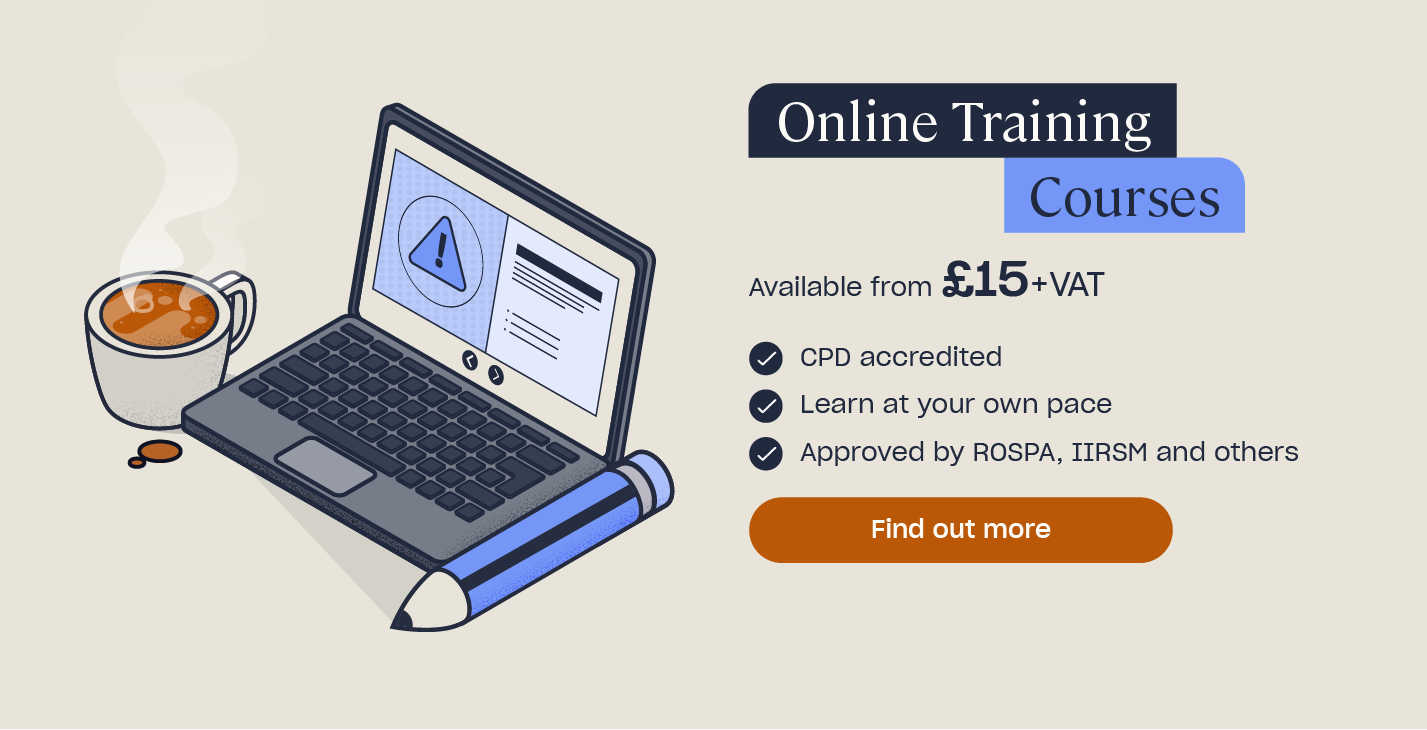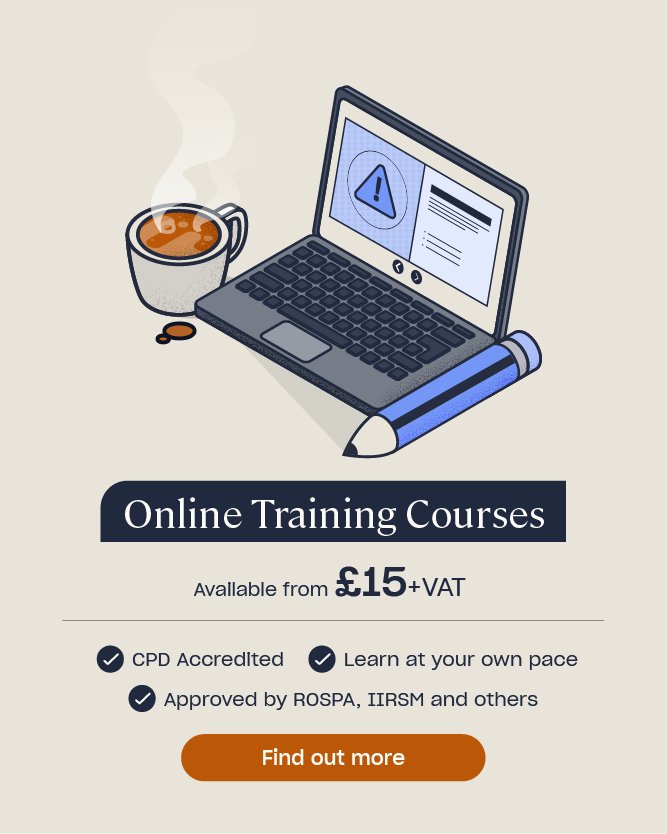Interview Questions for Managers
A role in management can be both challenging and rewarding. Managers play important roles within organisations by offering support and guidance to staff and embodying a business’ values and ethos. As with any job, interview preparation is vital to making a good first impression. In this article, we will outline how you can go about preparing for a management interview. We will also provide you with some common interview questions and answers so that you can go into your management interview confident and well prepared.
Preparing for a Management Interview
Thorough interview preparation is vital for any role, however it is arguably even more important for a management position. Prospective employers want to see managerial qualities such as forward planning, good time management, clear communication and strong organisational skills. If you are applying for a senior role within a business you should expect to demonstrate these managerial qualities throughout your interview. Many managers are expected to ‘hit the ground running’ and thorough preparation before your interview will not only help to make this easier, it demonstrates your ability to handle a fast-paced environment from the get go.

The following steps can help you to prepare for a management interview:
- Research the company – It’s vital that you take the time to thoroughly research the company to which you are applying before your interview. The information that you gain from your research can prove to be vital, giving you invaluable insight into the company’s goals, past achievements and future aspirations. Thorough research also ensures that you have fully understood the company, its ethos and values and that you are confident in how you will fit into the company.
- Prepare questions – Coming to an interview with prepared questions demonstrates your active interest in the role. Using the knowledge that you have gained from researching the company, you should curate specific questions. These could be centred on the role, the company culture or what progression opportunities are available. You may find that your prepared questions are answered organically throughout the interview. Nevertheless, it’s advisable to have a few well thought out questions ready to demonstrate that you are serious about joining the company and that you are invested in a future there.
- Tailor your experience – When applying to any role it’s important that you tailor your CV to that specific position. This ensures that you highlight relevant experience that would be beneficial to the role or that may help you to stand out from the competition. Taking the time to do this in advance ensures that you have useful examples ready to share. The STAR method can be a useful approach here to ensure that you are well equipped to answer questions competently.
Want to Learn More?
High Speed Training has a wide range of Online Training Courses that can help you to stand out from the crowd. Courses such as our Leadership and Management course and Communication Skills course can help you to develop key managerial skills and ensure that you are well equipped for a managerial role.
Common Interview Questions for Managers
The questions that you will be asked during a managerial interview will heavily depend on the industry that you are in and the company that you are seeking employment with. Thorough research of the company beforehand can help you to prepare for questions that will be more tailored to the industry and company.
Nevertheless, there are more general questions about a position in management which you are likely to be asked. Below you will find examples of questions that you may be asked during a managerial interview.
Tell me about yourself 
This is a common icebreaker question that’s intended to get to know a bit more about you. Whilst the question is asking about you, tailor your answers so that they are concise and relevant to the role. Instead of extensively discussing your favourite band, list the personality traits that you have that will make you a valuable employee. You can link this to discussions of your personal life and use this to organically mention strong managerial qualities. For example, you may mention that you enjoy building scale models as you have a keen eye for detail and enjoy being a part of the crafting process from start to finish.
What qualities do you think a good manager should possess? 
This is a broad question and it can be helpful to exercise a level of objectivity here. The interviewer isn’t necessarily asking what qualities you possess but what qualities a good manager in general should have. This is a good chance to demonstrate your understanding of what makes a manager an asset and to offer an element of introspection that highlights your growth mindset and ambition. For example, you may mention that you think patience, strong organisational skills and attention to detail are qualities that you think make a good manager. You could then add that confidence is also important as it sets an example for the rest of the team and whilst confidence is something you have struggled with in the past, you are now more sure of yourself and what you can offer enabling you to be a strong leader.
How would you describe your management style? 
If this is your first managerial role this question may appear daunting, however you can pull on past experience working or leading a team and use this insight to describe your managerial style. Managers often work closely with many individuals and a prospective employer is going to want to see evidence that you can work well with others. Your managerial style should not be dictatorial but collaborative and showcase your trust in your team. If this is not your first managerial role then you could mention how your management style has changed over the years based on what you have learnt. For example, you may mention that when you first began your career you had a more autocratic style. However, over the years you have learnt to trust in your team and the tools that you have provided them with and you now adopt a more laissez faire approach.
How would you manage a difficult employee? 
Managers hold senior positions within a business and as such have more responsibility. This includes managing staff in an effective and efficient manner. If someone on the team is not pulling their weight or causing difficulty for other employees, then as the manager you need to be able to step in and address the situation. A prospective employer wants to see that you would approach the situation confidently, with delicacy and authority. For example, you may mention that you would arrange a meeting with the employee, share feedback and clearly address the problem and then set out a development plan for them in order to support them to improve their performance.
How would you support an employee who is struggling? 
As with the question above, a notable part of a manager’s day to day job is managing other people. This doesn’t just include difficult employees, it also involves employees who are struggling. Most people spend the vast majority of time at work and if there are difficulties at work this can easily leech into other facets of someone’s life. A supportive manager can provide assistance and guidance, reduce work stressors and steer an employee in the direction of further help. A prospective employer will want to see that you also care about the pastoral aspect of a managerial role and that you are just as willing to support an employee as you are to discipline them.
How do you avoid micromanaging your team? 
Most people do not want to be micromanaged as it can undermine their ability, increase their stress levels and be incredibly demotivating. As such, a manager should know how to actively avoid micromanagement and how to recognise the signs that they may inadvertently be micromanaging. When answering this question a prospective employer wants to see awareness of this issue and tangible steps to avoid it. For example, you may mention that you delegate effectively so that you are confident that tasks have been given to competent individuals who you trust to complete the work. You may also mention that you set clear expectations so that there is no ambiguity as to goals and deadlines. These actions empower employees to independently complete their tasks without excessive input from a manager.
Questions to Ask in a Managerial Interview
As well as preparing for what you may be asked, it’s advantageous to prepare some questions that you can ask. An interview can be a very daunting experience however it’s important to remember that they are also a two way street and as much an opportunity for you to learn more about the business and role, as it is for them to learn about you.
When preparing questions try to have a mix of company specific, role specific and concluding questions. Don’t bombard the interviewer and if your question was answered organically during the interview, don’t repeat it. Preparing questions in advance is beneficial but try not to rely on it too heavily. If another question comes to you that feels more pertinent, ask that one instead.
Below you will find some useful questions to ask a prospective employer at the end of an interview:
- Is there anything from my CV or that I have said that you would like me to clarify in further detail?
- What goal(s) would the business like to achieve in the next year and what part would this role play in achieving that?
- Is there a particular management style that this business/the team I will be working with prefers?
- What development opportunities are available within the business for both me and members of my team?

What to Wear to an Interview
An interview is the chance for you to make a good first impression and so you should dress to impress. Aim for professional business attire and wear a plain shirt with smart trousers or a skirt. It’s best to wear neutral colours and avoid loud prints. Wear sensible and clean shoes and avoid trainers or open toed shoes. It’s advisable to wear formal attire for any kind of managerial interview, however the seniority of the position and the business itself may require more formality. For example, for a managerial position in retail you do not necessarily need to wear a tie with your smart shirt. However, a tie would be an advisable addition for a managerial position in a bank. Your research of the business should help you to gauge what level of formality is required.
Thorough interview preparation can help you to feel at ease and more comfortable and confident in your ability. This ensures that the interview goes smoothly and that you are able to make a good first impression. For prospective managers this level-headedness is an appealing trait and one which can help you to stand out from the crowd. Nerves are a typical part of the interview process, however by preparing in advance you can help yourself feel more relaxed and better positioned to impress a prospective employer.
Further Resources:
- 10 Development Areas for Managers
- 6 Types of Leadership: Which Leadership Style is Right For Me?
- Online Training Courses











